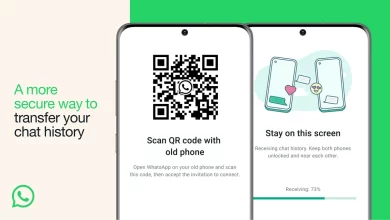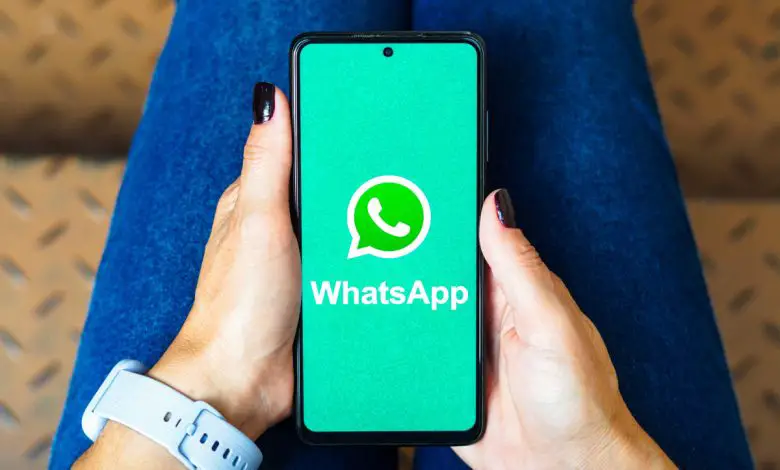
In today’s digital era, privacy is a topic of great concern. With the increasing reliance on messaging apps for communication, it is essential to understand how these platforms handle our personal information. WhatsApp, one of the most popular messaging apps worldwide, has been at the centre of a privacy controversy regarding sharing phone numbers. In this article, I will delve into the issue and provide a comprehensive understanding of whether WhatsApp shares your phone number.
Introduction to WhatsApp and its Privacy Policy
WhatsApp, owned by Facebook, is a widely used messaging app that allows users to send text messages, make voice and video calls, share media files, and more. With over two billion monthly active users, WhatsApp has become integral to our lives. However, with great popularity comes great responsibility, especially when handling user data.
WhatsApp takes privacy seriously and has implemented various measures to protect user information. When you sign up for WhatsApp, you must provide a phone number that is your unique identifier. This phone number is encrypted and securely stored on WhatsApp’s servers. WhatsApp encrypts all messages, calls, photos, and videos sent through its platform, ensuring that only the intended recipient can access them.
About Seeing your Phone Number Already in WhatsApp
All WhatsApp accounts are tied to mobile phone numbers. Since mobile providers often recycle phone numbers, it’s possible that the previous owner of your current phone number used WhatsApp.
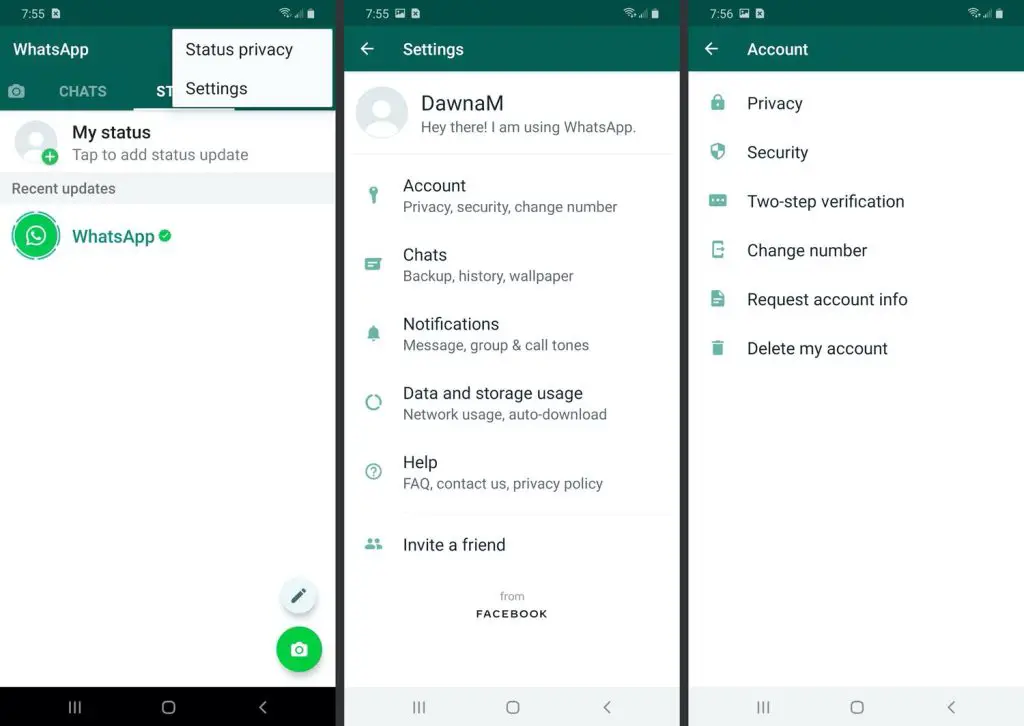
About recycled phone numbers
If the previous owner of your phone number didn’t delete their WhatsApp account:
- You and your contacts may see your WhatsApp phone number before activating a new account.
- You may also see someone else’s profile photo and About section attached to your phone number.
There’s no need to worry. This only means that the previous account wasn’t deleted, so old information still exists in the system. This does not mean the last phone number owner can access your WhatsApp account. Your conversations and other WhatsApp data are secure.
You can change the profile information once you’ve completed the verification process. We recommend that you leave all groups that your current account number is tied to and block all unknown contacts.
Note: If the previous owner of your phone number set up two-step verification, you may need to reset the PIN.
To help eliminate confusion with recycled phone numbers, we monitor account inactivity. We take it as a sign that a number has been recycled if:
- An account is unused for 45 days
- The account then becomes newly activated on a different mobile device
At this time, we’ll remove the old account data tied to the phone number, like the profile photo and About section.
How WhatsApp Collects and Uses Your Personal Information
While WhatsApp collects some personal information, it does so with the primary goal of improving user experience and ensuring the security of its platform. WhatsApp collects your phone number, device information, and usage data. This data creates a personalized user experience, delivers relevant ads, and identifies and prevents fraudulent activities.
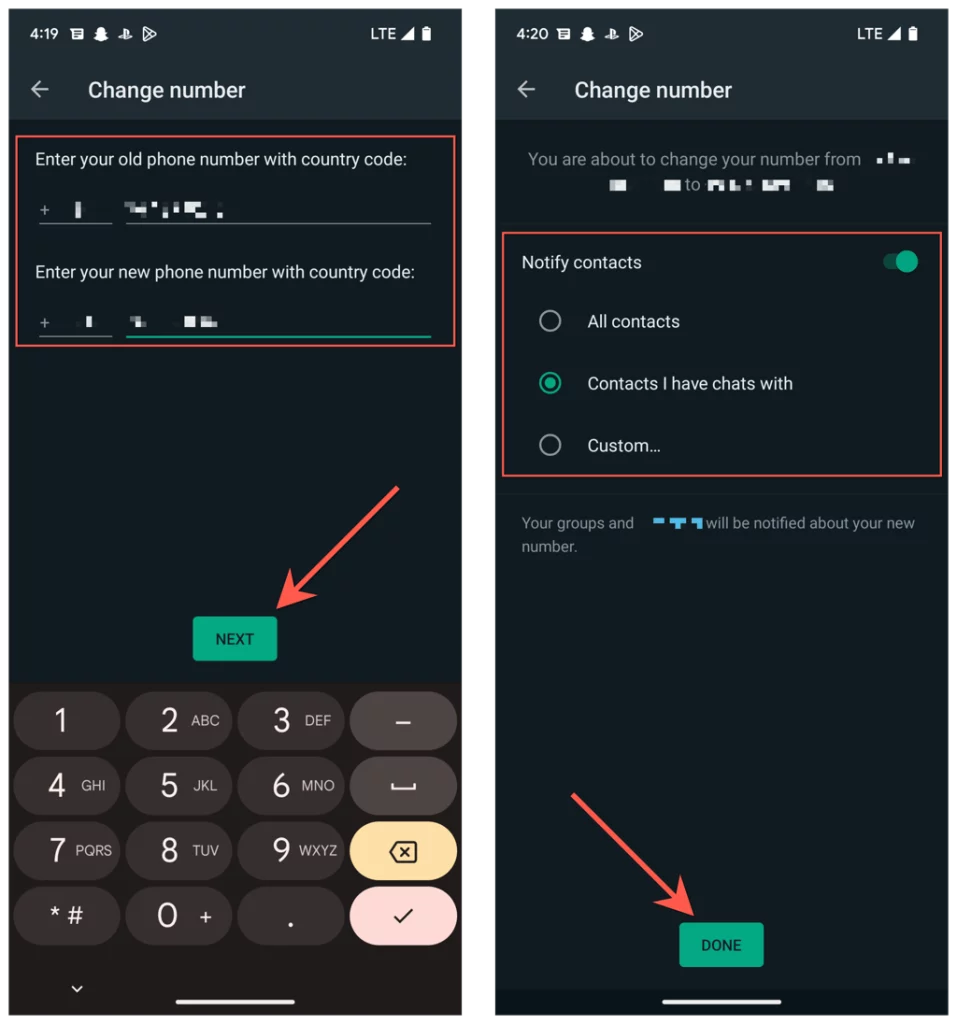
WhatsApp does not sell your personal information to third parties or use your information for targeted advertising. However, it shares some data with its parent company, Facebook, for specific purposes, such as improving infrastructure and delivering integrations with other products.
WhatsApp’s Phone Number Sharing Controversy
The controversy surrounding WhatsApp’s phone number sharing began in 2016 when WhatsApp announced changes to its privacy policy. The updated policy stated that WhatsApp would start sharing user information, including phone numbers, with Facebook. This move sparked concerns among users who valued their privacy and did not want their phone numbers linked to their Facebook accounts.
Users were given the option to opt out of this data sharing by going to the app’s settings. However, this change’s initial lack of clarity and transparency resulted in widespread confusion and backlash.
Does WhatsApp Use Phone Number or Email?
WhatsApp primarily uses phone numbers as the primary identifier for users. When you sign up for WhatsApp, you must provide a valid phone number, which is used to create your WhatsApp account. This phone number is then used to connect you with your contacts and enable messaging and calling functionalities.
WhatsApp does not use email addresses as the primary identifier for user accounts. While you can add an email address to your WhatsApp account for additional security and account recovery purposes, it is not mandatory. Your phone number remains the primary means of identification on WhatsApp.
How Can I See My WhatsApp Number Online?
WhatsApp does not provide a direct way to see your WhatsApp number online. This is because WhatsApp values user privacy and aims to protect your personal information from unauthorized access. Your WhatsApp number is securely stored and encrypted on WhatsApp’s servers, and only you and the intended recipients of your messages have access to it.
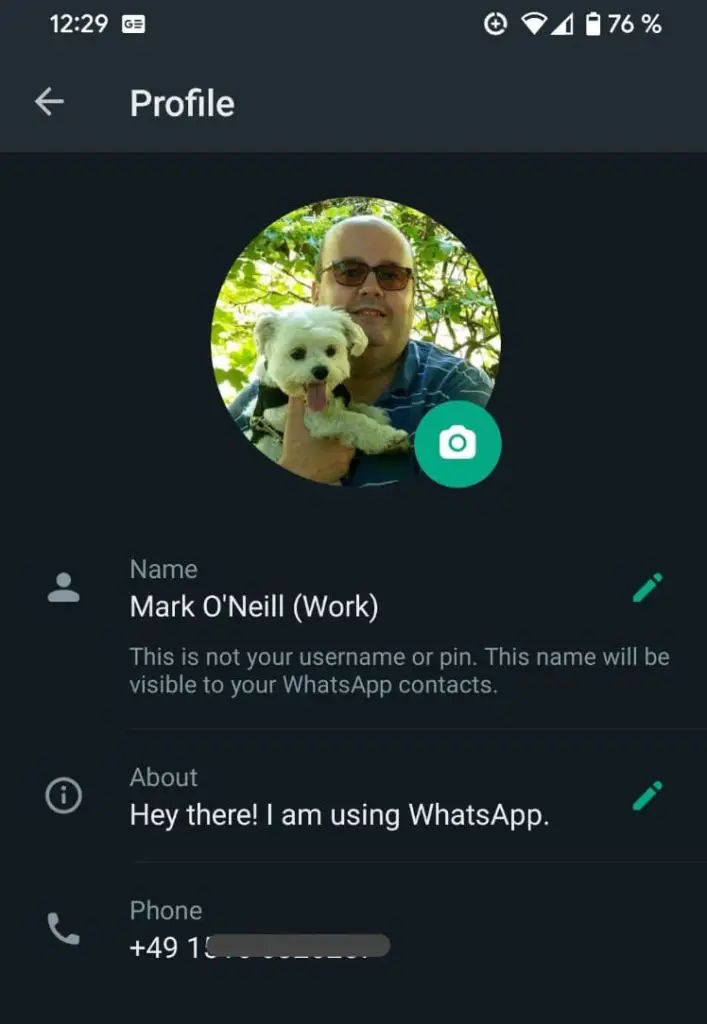
To see your WhatsApp number, you can check the settings within the app itself. Open WhatsApp on your device, go to the settings menu and navigate to the Account section. Your phone number is listed as your WhatsApp account’s primary identifier within the Account section.
WhatsApp’s Response and Changes to its Privacy Policy
In response to the backlash and concerns raised by users, WhatsApp made several changes to its privacy policy. It clarified that sharing phone numbers with Facebook was optional and introduced a more transparent opt-out process. Users can control their data and choose to share their WhatsApp account information with Facebook.
Additionally, WhatsApp introduced end-to-end encryption for all messages and calls, ensuring that only the sender and recipient can access the content. This encryption provides an extra layer of security and privacy, making it difficult for anyone, including WhatsApp and third parties, to intercept or read your messages.
Understanding the Implications of WhatsApp Sharing Your Phone Number
The implications of WhatsApp sharing your phone number revolve around privacy, security, and targeted advertising. By sharing your phone number with Facebook, WhatsApp enables better integration between the two platforms, allowing you to connect with friends and family more efficiently on both WhatsApp and Facebook. However, this integration also raises concerns about the potential for targeted advertising and sharing personal information with third parties.
WhatsApp assures users that it does not use their phone numbers for targeted advertising. However, sharing data with Facebook opens up the possibility of more personalized ads on the Facebook platform. It is important to note that you have control over this data sharing and can opt-out if you do not want your WhatsApp information used for advertising.
How to Protect Your Privacy on WhatsApp
To protect your privacy on WhatsApp, there are several steps you can take:

- Review and adjust your privacy settings: WhatsApp provides various privacy settings that allow you to control who can see your profile picture, status, and last seen timestamp. Take the time to review these settings and adjust them according to your preferences.
- Enable two-step verification: Two-step verification adds an extra layer of security to your WhatsApp account. By enabling this feature, you will be asked to set a PIN that will be required to verify your identity when you register your phone number with WhatsApp again.
- Be cautious of unknown contacts: Avoid sharing personal information or conversing with unknown contacts. Be mindful of the information you share, especially in group chats, and limit access to your profile picture and status to trusted contacts.
- Regularly update your app: WhatsApp frequently releases updates that include security enhancements and bug fixes. Ensure you have the latest version of the app installed on your device to benefit from these improvements.
Alternatives to WhatsApp for Privacy-Conscious Users
If you are a privacy-conscious user concerned about WhatsApp’s privacy practices, In that case, there are alternative messaging apps that prioritize user privacy. Signal, Telegram, and Threema are popular alternatives that offer end-to-end encryption, secure messaging, and limited data collection. These apps provide similar features to WhatsApp and are trusted by privacy advocates worldwide.
The Importance of Reading and Understanding Privacy Policies
The controversy surrounding WhatsApp phone number sharing highlights the importance of reading and understanding privacy policies. When you sign up for any online service or use a messaging app, reviewing the privacy policy and terms of service is crucial. This lets you understand how your personal information will be collected, used, and shared. By being informed, you can make educated decisions about the apps and services you use and take steps to protect your privacy.
Legal Implications and Regulations Surrounding Privacy Issues
Privacy issues, including sharing personal information by messaging apps, have legal implications and are subject to regulations in many jurisdictions. Governments and regulatory bodies worldwide are taking steps to protect user privacy and hold companies accountable for their data practices. Messaging app providers must comply with relevant laws and regulations to ensure the privacy and security of their users.
Conclusion and Key Takeaways
In conclusion, WhatsApp collects and uses your phone number as a unique identifier for your account. However, WhatsApp has changed its privacy policy to give users more control over their data and the option to opt out of phone number sharing with Facebook. By understanding WhatsApp’s privacy practices, taking steps to protect your privacy, and being aware of alternative messaging apps, you can confidently navigate the digital landscape. Remember always to read and understand privacy policies and stay informed about your rights and options regarding your personal information.


